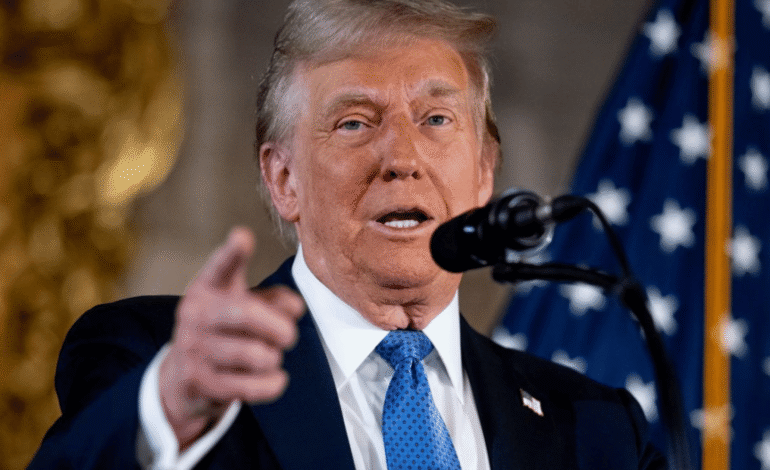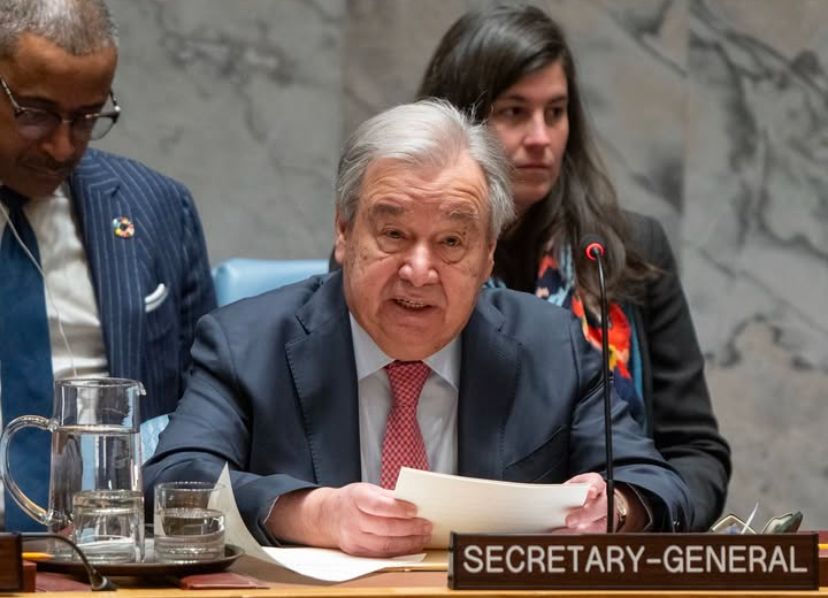Trump Renames Department of Defence as Department of War for Strength

US President Donald Trump has announced a big change in the way America describes its military department. The Department of Defence will now also be called the Department of War, a title that was once used in the country’s history.
The White House confirmed that Trump will sign an executive order to allow the new name as a secondary title. This means the legal name remains “Department of Defence,” but the Department of War can be used in speeches, ceremonies, and official letters.
The White House explained that the change was made to “show a stronger message of readiness and resolve.” Trump believes the word “defence” sounds too weak and “too defensive.” For him, the name “war” shows power, action, and strength.
Why Trump Wanted the Change
Trump has been saying for weeks that the Defence Department’s title does not sound powerful enough. He believes America must project confidence and strength through its language.
“When it was called the Department of War, America won World War I, we won World War II, we won everything,” Trump told reporters on August 25.
The executive order also asks the Secretary of Defence, now also called the Secretary of War in certain cases, to prepare recommendations for Congress. These include possible laws to make the name permanent.
For now, both names will exist side by side. But Trump is clear: he wants “war” to be the stronger word used when talking about America’s military.
Looking Back: The History of the Name
- The Department of War has deep roots in American history.
- It was created in 1789, just after the United States became independent.
- For more than 150 years, it managed the country’s land forces and military campaigns.
After World War II, the government reorganized the military structure. The Department of War was merged with the Navy and the newly created Air Force under the National Military Establishment.
In 1949, the name officially changed to the Department of Defence.
The Cold War period, focused on deterrence and stability, preferred the softer “defence” language. Now Trump wants to return to the tougher tone of the past.
Supporters and Critics of the Rebrand
The announcement has divided opinions.
Supporters say that the new name brings back a sense of patriotism and victory. They believe it shows America is serious about being strong and protecting its people. Some even say it will warn adversaries not to underestimate US power.
Critics, however, argue that calling it the Department of War may sound too aggressive. They warn that it could send the wrong message to international partners, making America look more like an attacker than a defender.
Still, Trump’s move has captured global attention and created discussions about language, power, and symbolism.
Why Words and Symbols Matter
For Trump, the change is not just about a name. It is about how the world sees America. The word “war” sends a different signal than the word “defence.”
Communication experts explain that symbols, names, and language are powerful tools in politics. Changing the department’s name changes how people think about it. Trump sees this as part of a wider strategy to show America as bold and ready.
Impact on the Middle East and the UAE
The news also matters outside the United States. In the Middle East and the UAE, the US is a close partner in defense, trade, and security. How Washington presents its military has a direct impact on allies in the region.
The UAE is known for building a strong and forward-looking defense system. It focuses on readiness, resilience, and strength. Trump’s decision to highlight “war” instead of “defence” may strengthen the idea that America remains a reliable partner in power and protection.
In the Gulf, where security is always important, this message is seen as clear and firm. America is not only defending but also standing ready to act when needed.
Looking Back With Nostalgia
Trump often uses history to make his points. He likes to link his policies with great moments of American success. The term “Department of War” reminds people of the times when America won big battles and played a central role in world history.
This nostalgia appeals to his political base, who like the idea of bringing back past strength. But experts warn that today’s world is different. Challenges now include cyberattacks, terrorism, and new global threats that cannot be solved by traditional warfare alone.
Still, Trump believes that reviving the old title sends a message of confidence, victory, and clarity.
Will the Change Become Permanent?
Right now, “Department of War” can only be used in a limited way. For the change to become official in law, Congress must pass new legislation. This could take time and create political debate.
Even so, Trump’s order already allows the name to be used in ceremonies, documents, and communications. That alone may be enough to shape public opinion and give the title new life.
Whether or not it becomes permanent, the symbolic impact is already clear. The US government is again using the word “war” to describe its military.
A Name That Carries Weight
President Trump’s decision to bring back the name Department of War is more than a symbolic gesture. It shows his desire to project strength, clarity, and readiness at a time of global challenges.
Supporters see it as a return to America’s winning spirit. Critics see it as too aggressive for modern times. Either way, the move has sparked debates across the world.
For the UAE and Middle East partners, the change highlights America’s firm commitment to being not only a defender but also a force that stands ready to act.
In the end, the name is a message. And in Trump’s view, that message is clear: America is ready for war if it must be.







